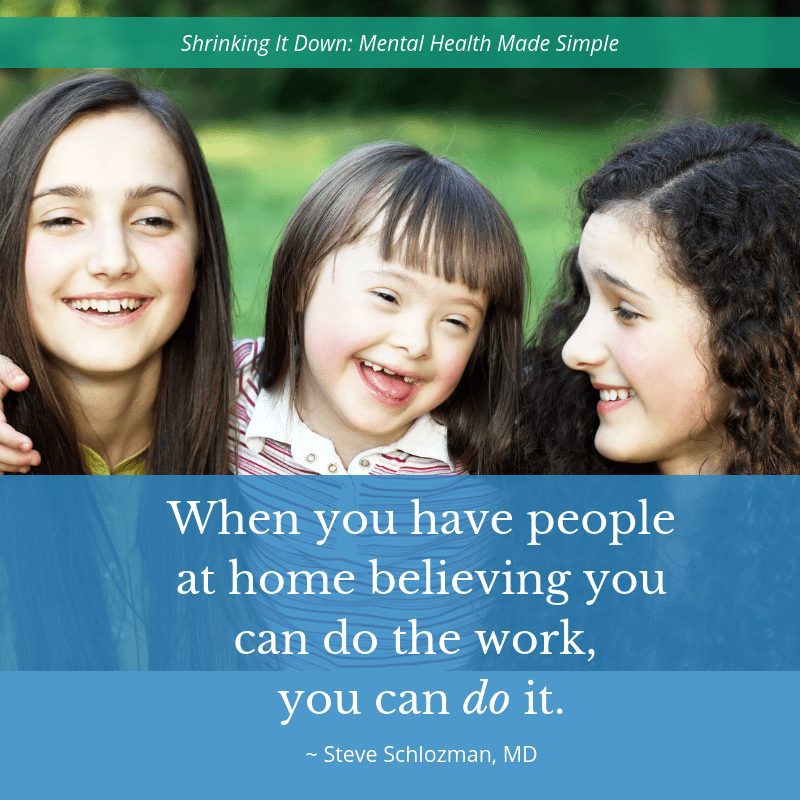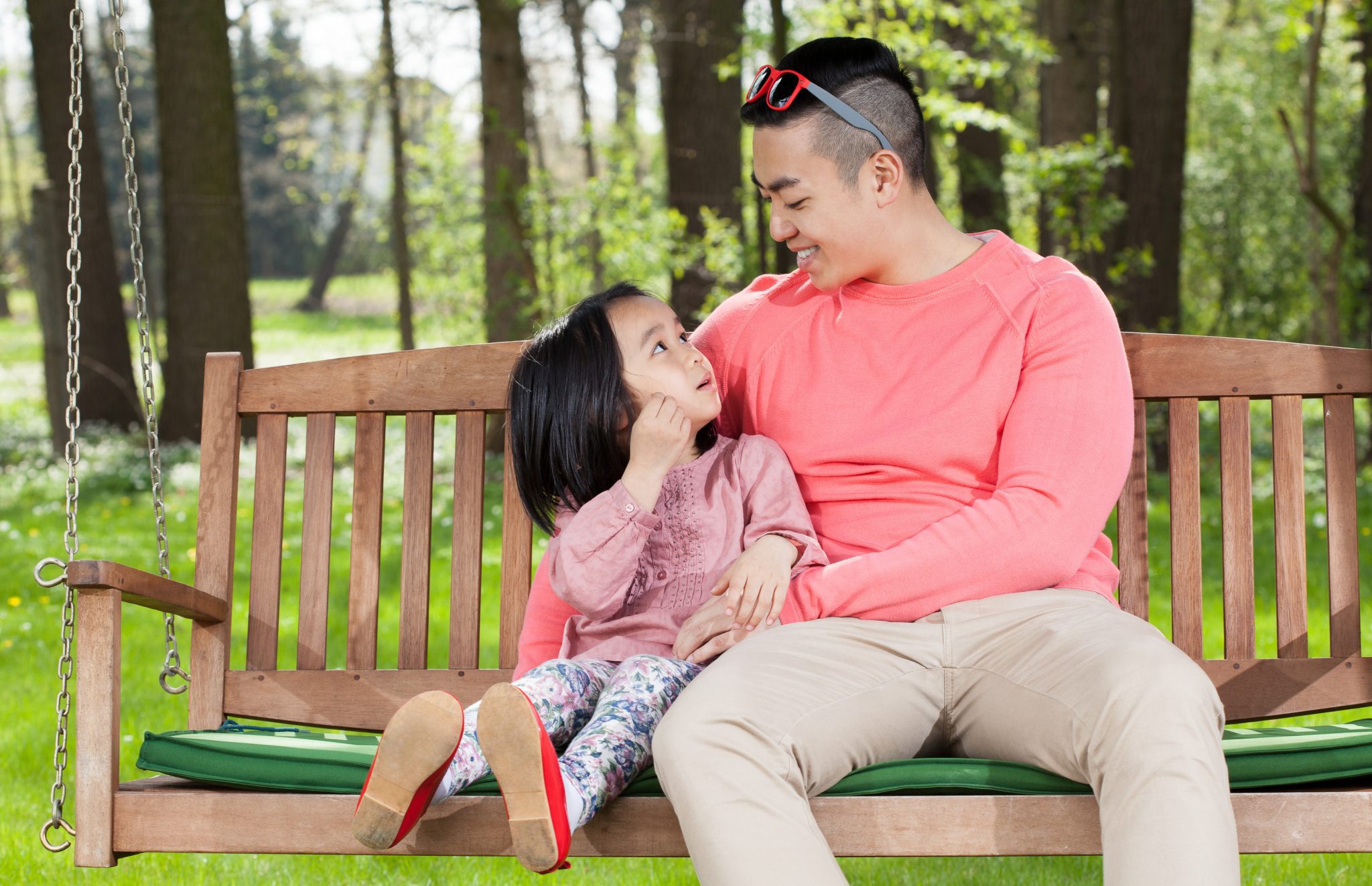Articles containing: resilience
How to Help Kids Cope With Situational Anxiety

Este artículo está disponible en español.
Anxiety is a way we humans have evolved to protect ourselves.
Is Your Teen an Emotional Sponge? – Shrinking It Down

Peers can be an excellent source of social support, and it’s great that more young people today talk to friends about their emotional challenges. But for every teen who shares, there’s another teen absorbing the info like an emotional sponge.
The Trauma Felt In Teen Breakups

Teen breakups. When you’re 17 years old, breaking up with someone really, really hurts.
Download our PDF on Teen Breakups.
Yes, that’s a cliché. So much so that almost every adult can think of a favorite popular culture reference to this particular kind of pain.
Being an Emotional Sponge: Supporting Young People Who Are Supporting Friends

Listen to Dr. Gene Beresin and Dr. Ellen Braaten talk more about supporting teens who are supporting friends on our podcast. Tune in below, or search for “Shrinking It Down” wherever you get your podcasts.
Supporting friends who are struggling can be a valuable thing.
New Year’s Resolutions: How To Make Them Work

New Year’s resolutions…
Many of us have made them in the past, and I bet some folks have even followed through with them! But if we’re honest, most of us don’t follow through with the goals we set at the start of the year. One study found that less than half of those who made resolutions were still sticking them by June.
10 Self-Care Tips for Parents

Este artículo está disponible en español.
As parents, our main job is to take care of our kids, including our young adult children. It’s hard to think of anything more important than our children’s well-being. We worry about their academic success, social life, and recreational achievements.
11 Self-Care Tips for Teens and Young Adults

Este artículo está disponible en español.
Stress. Teens and young adults today are more stressed, anxious, depressed and lonely than ever – at least in the United States. At first glance, it’s hard to wrap your head around this fact.
Our Greatest Strengths, Part 2 – Shrinking It Down

You can also subscribe to this podcast on SoundCloud, iTunes, Google Play, Stitcher, TuneIn, and most podcast apps.
***
At the Clay Center for Young Healthy Minds, we think a lot about helping kids as they’re growing up with all sorts of challenges.
Building Mental Wellness in Children: What Parents Can Do

Este artículo está disponible en español.
Parents are the true experts when it comes to knowing their children, and often the first to notice any changes in their kids’ behavior:
Colin was a happy youngster.
Growing Up With a Sibling With a Disability

“You don’t understand, Mom!” I said. “They were making fun of him! They were imitating his speech and laughing!”
My mom shrugged. It would take more than a couple of small-town high school punks to get her attention.



